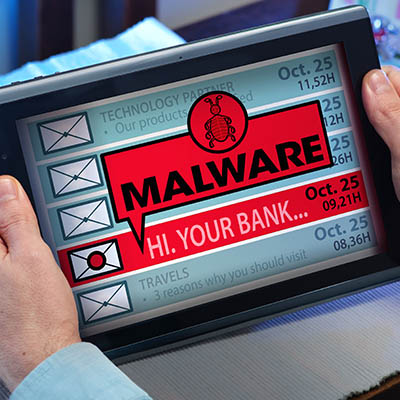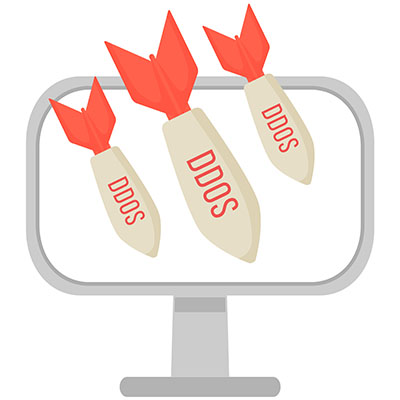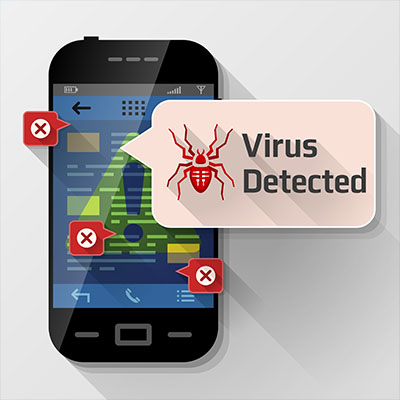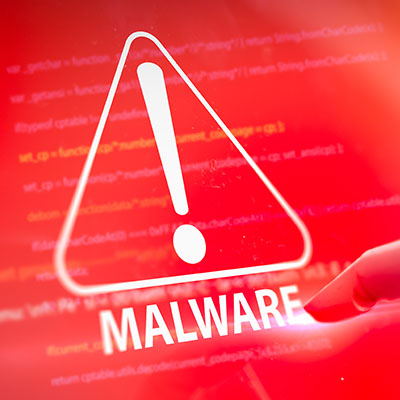We discuss security a lot. It’s really an important issue for businesses and individuals alike. We typically discuss the actions you can take to ensure you are doing all you can to protect your organization’s network and infrastructure from harm. Today, we are going to break down one of the most crucial parts of any cybersecurity setup: the antivirus.
While it may not be the first target one might think of when it comes to cyberattacks, a recent Distributed Denial of Service (DDoS) attack on the Vatican’s official website only proves that cyberattacks can potentially influence any organization. Let’s consider the situation, as well as what lessons we can all take away from it.
There are countless known threats out there that create security headaches for network administrators, but it’s not the known flaws that are the most dangerous; it’s the unknown ones that have even more potential to derail operations, expose sensitive data in security breaches, and end businesses entirely. These zero-day flaws or exploits are extremely important to keep informed about.
More often than not, the malware you encounter will target a desktop computer. Despite this, there are indeed some threats that target mobile devices, including one which Google had to remove from the Play Store for infecting smartphones with malware and adware. We recommend that you take immediate action to uninstall these apps if you were one of the unfortunate folks who accidentally installed them.
It’s all well and good to practice caution when clicking on links in your emails, but chances are you’ll eventually have to commit to clicking on one of them, whether you like it or not. In cases like this, it’s best to go against these links armed with as much information as possible about what they are. Let’s go over how you can check their legitimacy quickly and effectively.
We know that security is far from a small investment, but this only serves to highlight how important it can be to your business’ continued success. You might wonder why security is such an important investment if you don’t intend to suffer a data breach, and that’s precisely the point. The cost of not investing in security far outweighs the initial investment.
What if Edgar Allan Poe wrote “The Raven” during the information age?
It doesn’t always take a complicated malware or ransomware attack to break your business. Sometimes it’s as easy as someone sending you an email and pretending they have authority over you. Compromising a business email is one of the most common and easy hacking attacks to pull off, so you should be aware of how to put a stop to it.
Microsoft generally takes security very seriously, and for the most part, if you keep your Windows and Server operating systems updated, you can generally depend on some base-level security and stability. Unfortunately, it was recently discovered that, for almost two years, a very critical defense mechanism within Windows wasn’t being properly secured.
In August, LastPass suffered a data breach that allowed hackers to access the LastPass source code. Let’s take a look at this situation and see what you need to do to maintain proper password security moving forward.










